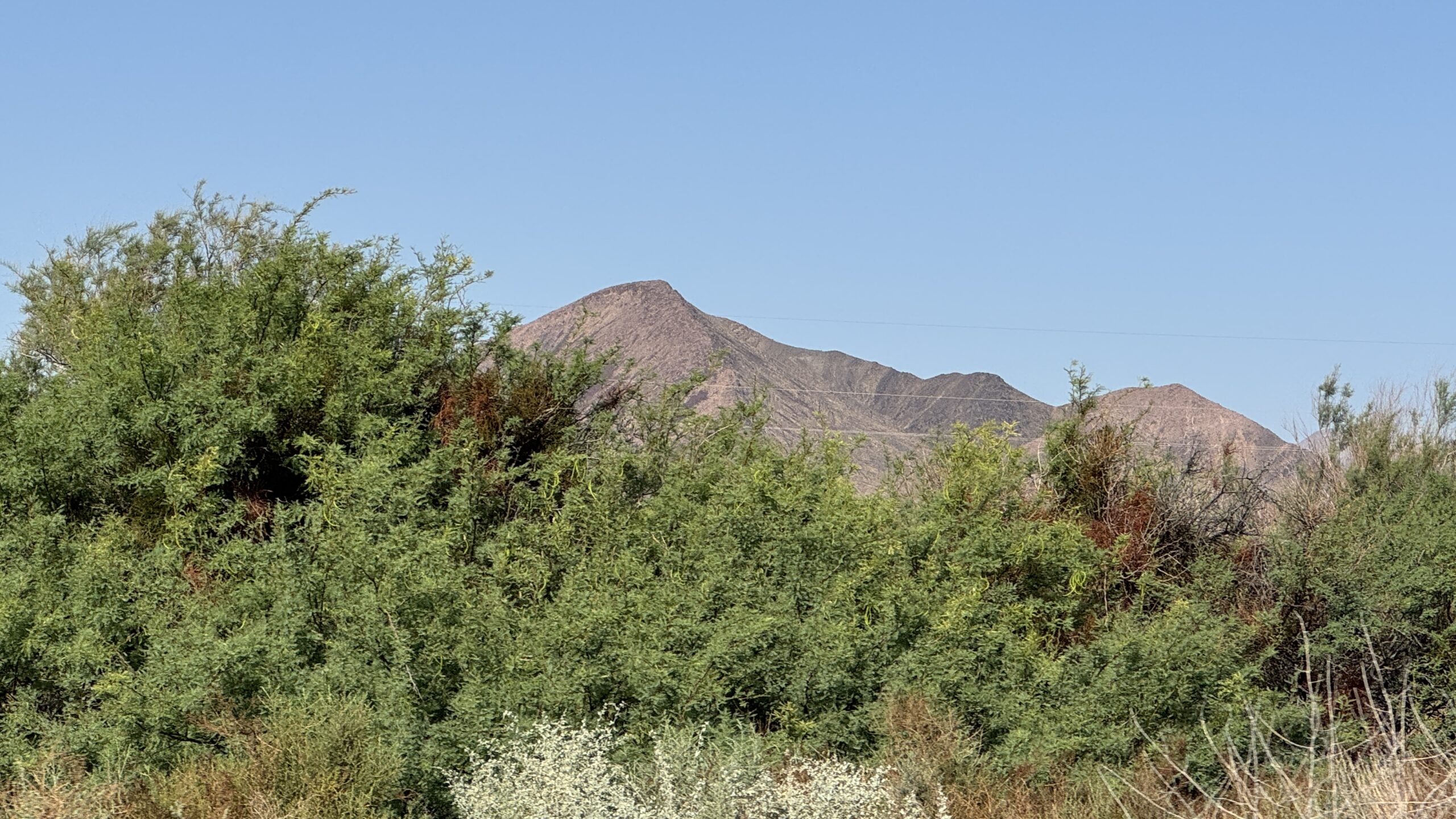Dear Sagebrush Sally,
As you’re surely aware, the winds have been stirring up a bit of drama around town lately. Some folks around here say that asking tough questions or reporting on local issues just causes trouble—and that if you really care about the community, you’ll stay quiet and keep the peace. Even worse, they say it’s not journalism. But I’ve always believed that scrutiny and transparency are part of what keeps a town healthy, especially one as small and interconnected as ours.
Why is it that in small towns, people can get so defensive when someone shines a light on what’s really going on? And how do we help folks understand that local journalism and accountability aren’t attacks—they’re acts of care?
— Curious, Not Combative
Dear Curious, Not Combative,
You’ve struck a nerve as old as the desert hills. In small towns like Tecopa, where everybody’s business feels like everybody’s business, asking questions—especially the uncomfortable kind—can feel like throwing a rock into still water. Some folks call it trouble. I call it necessary.
Here’s the truth: real community isn’t about avoiding tension—it’s about holding space for it, working through it, and coming out stronger on the other side. Scrutiny, accountability, and yes, even criticism, are signs that people care enough to pay attention. If no one’s asking questions, that’s when you should really start to worry.
Now, I understand the defensiveness. In a small town, reputation is currency. It can feel like one bad headline, one open record request, or one Facebook post might stain a name for good. But the answer to that isn’t silence—it’s clarity. Local journalism isn’t here to ruin lives; it’s here to remind us that no one is above being asked to explain themselves when the public’s interest is at stake. That includes the county, the campground operator, the business owner, and yes, even your neighbor who’s been here “since before the hot springs had a roof.”
Journalism isn’t gossip—it’s a service. It shines a light where power might otherwise hide in the shadows. And in a town without much government, where decisions are made by the few but affect the many, we need more light, not less. Especially when big money, outside developers, or failing infrastructure come into play.
Dismissing something as “not journalism” just because it makes you uncomfortable doesn’t make it true—and most folks tossing around that claim aren’t exactly qualified to define journalism in the first place. And like it or not, even tabloids and gossip rags fall under the umbrella of protected speech—because the First Amendment doesn’t just cover polite conversation, it covers the messy, uncomfortable, and inconvenient too.
So to those who say “keep quiet to keep the peace,” I say: peace without accountability isn’t peace—it’s permission. Permission to let things slide, to let people get hurt, to let the truth stay buried under desert dust. Folks who’d rather keep things to the rumor mill and run the journalists out of town aren’t protecting the community—they’re protecting their comfort, their control, or their secrets.
If you’re asking honest questions and documenting facts you’re not causing harm. You’re tending to the health of the community, like watering a stubborn patch of wildflowers in the July sun.
Remember though, giving people a chance to speak for themselves—even when it’s messy—works best if they actually show up to speak; if you don’t engage with journalists, don’t be surprised when your perspective doesn’t make it into the story.
Keep asking. Keep caring. Tecopa needs scrutiny far more than it needs another rumor whispered over a beer and called truth.
— Sagebrush Sally


Leave a Reply